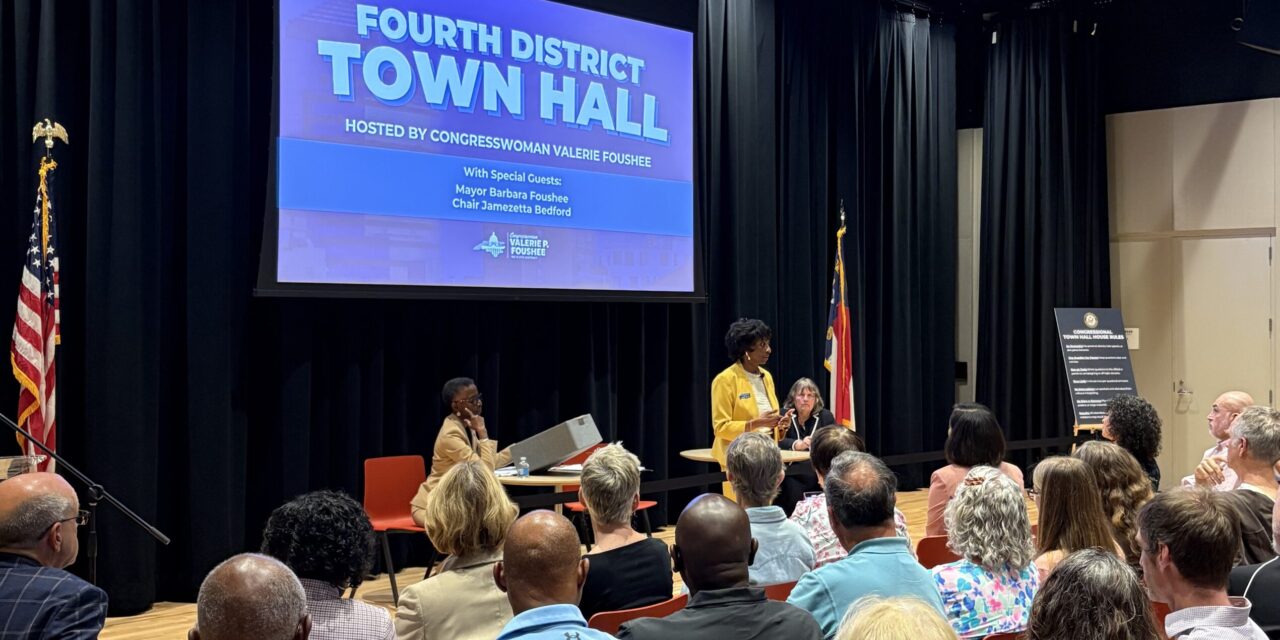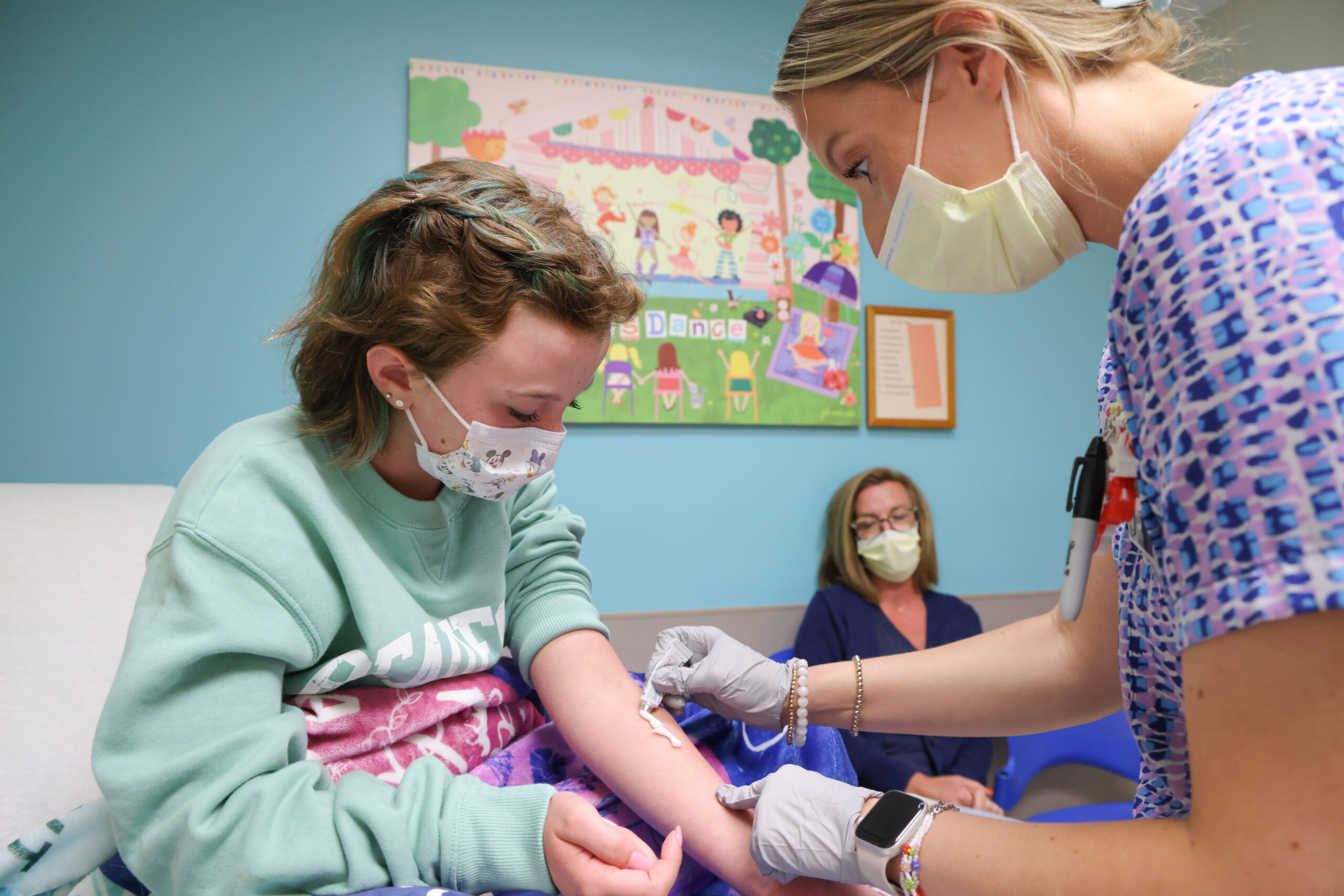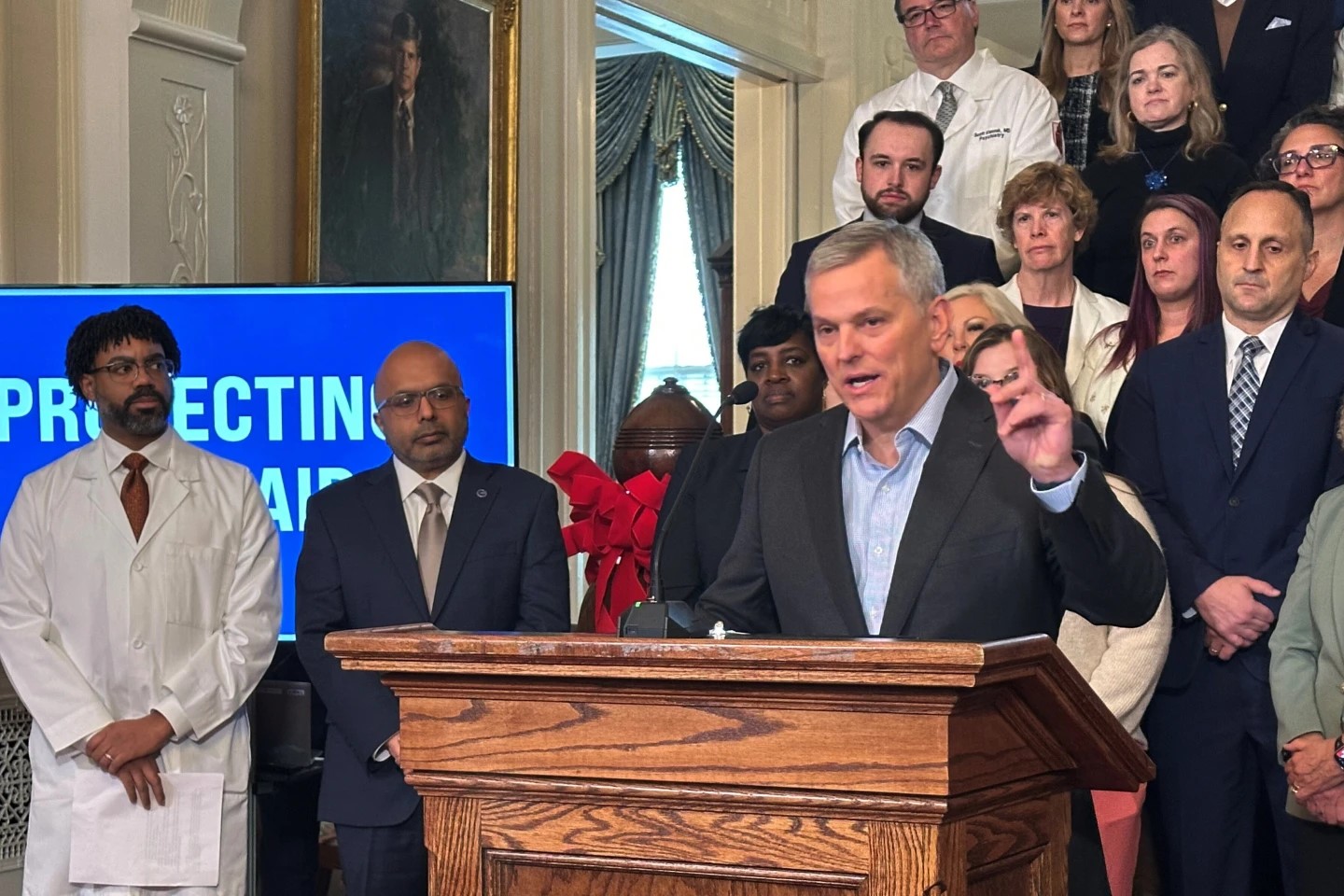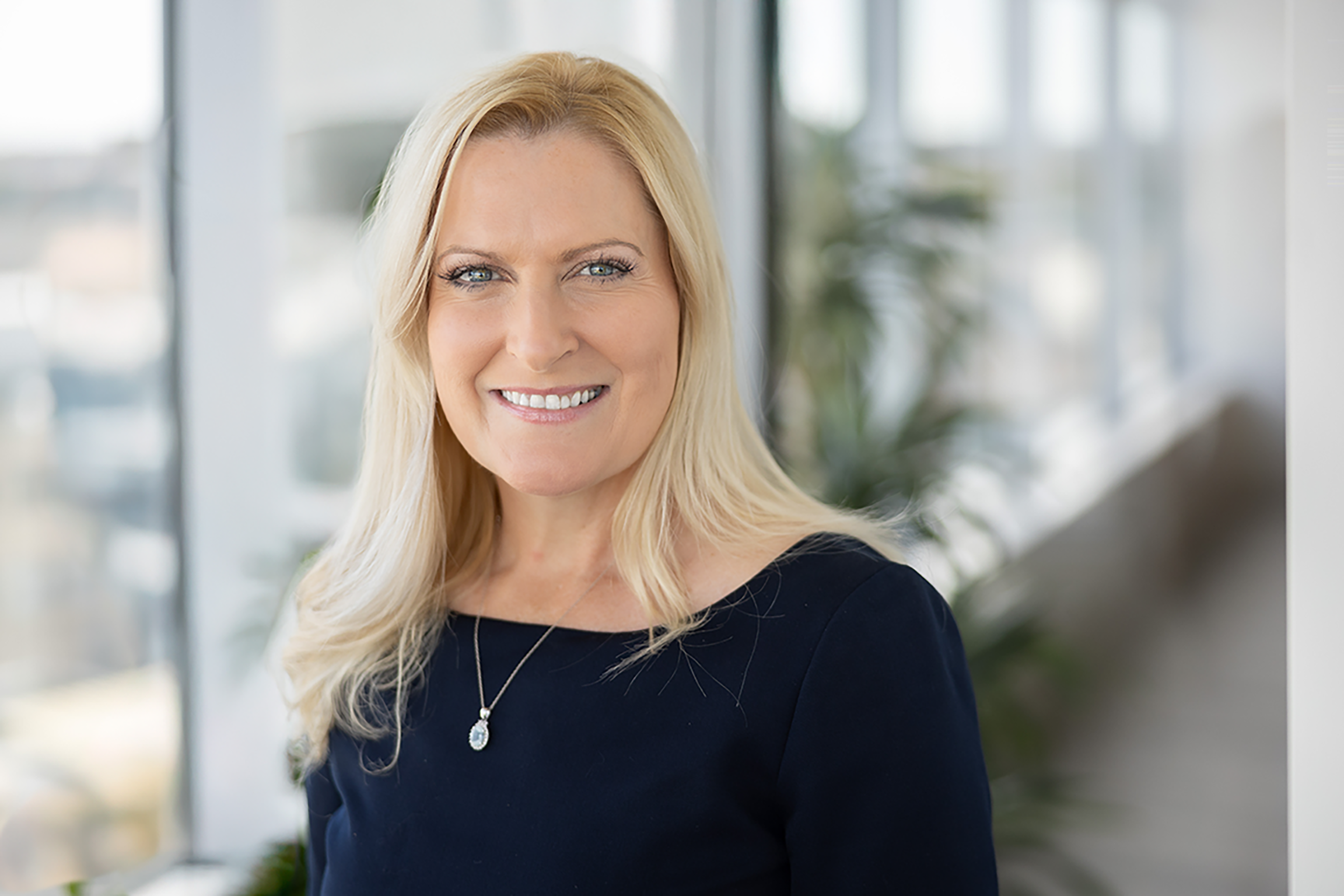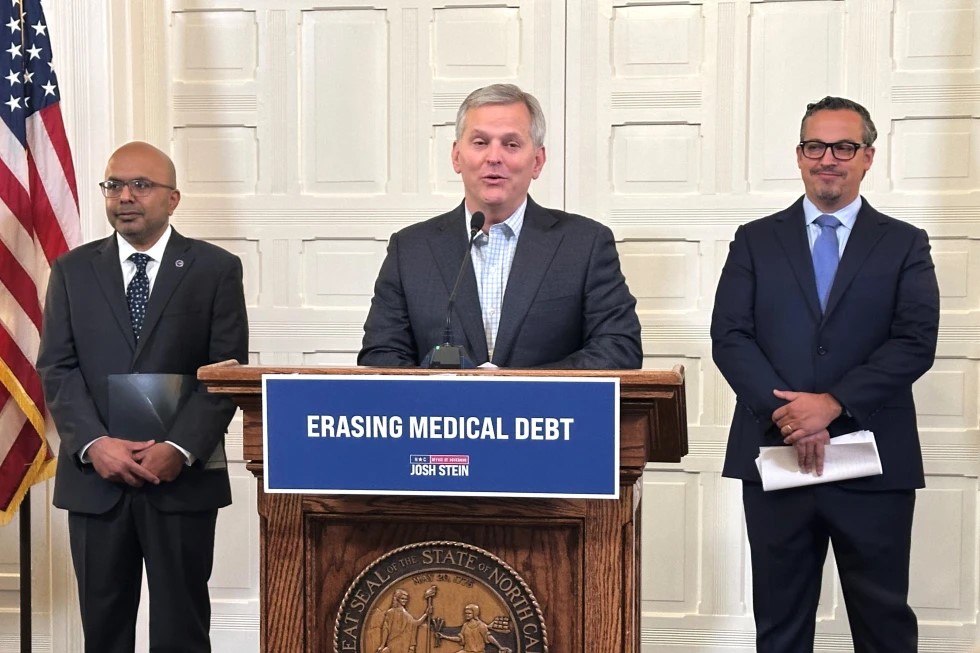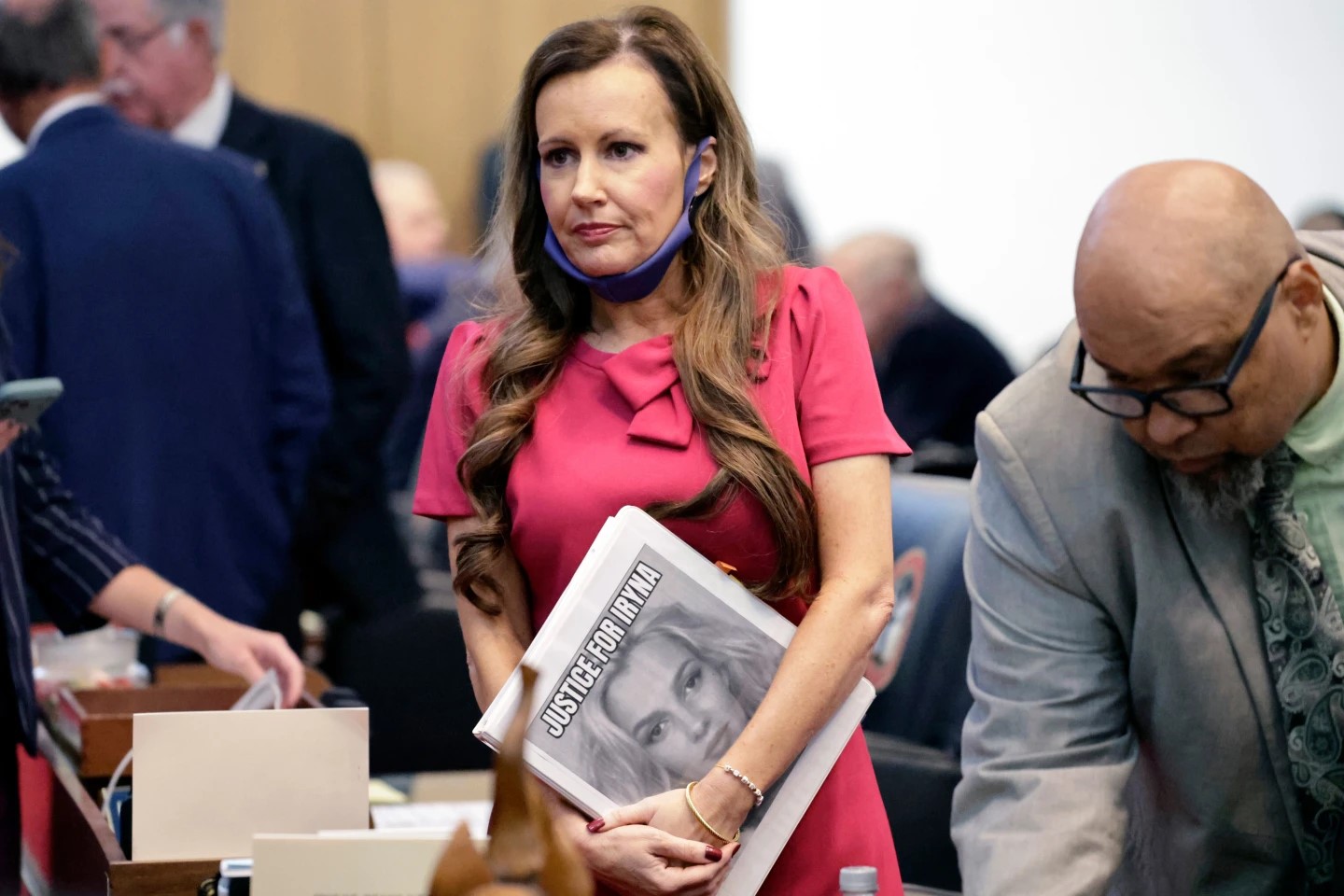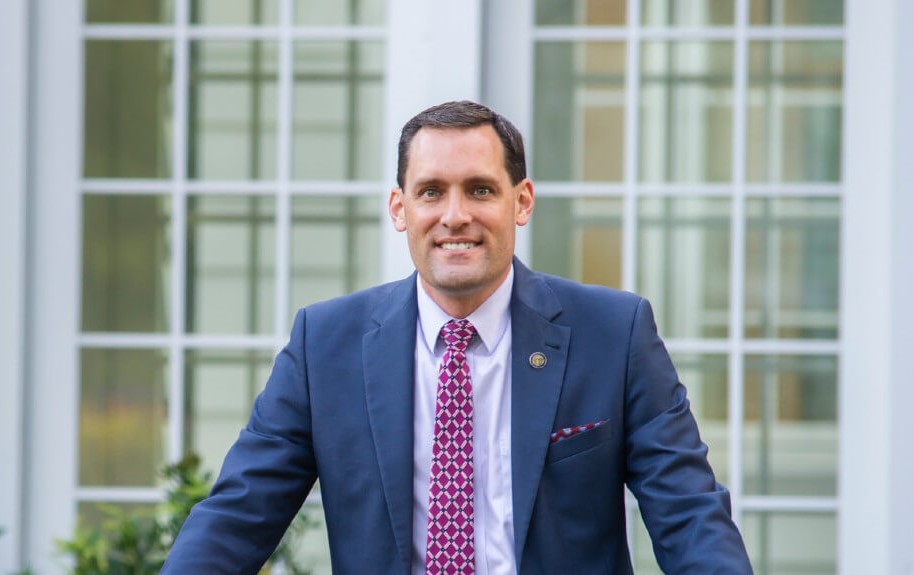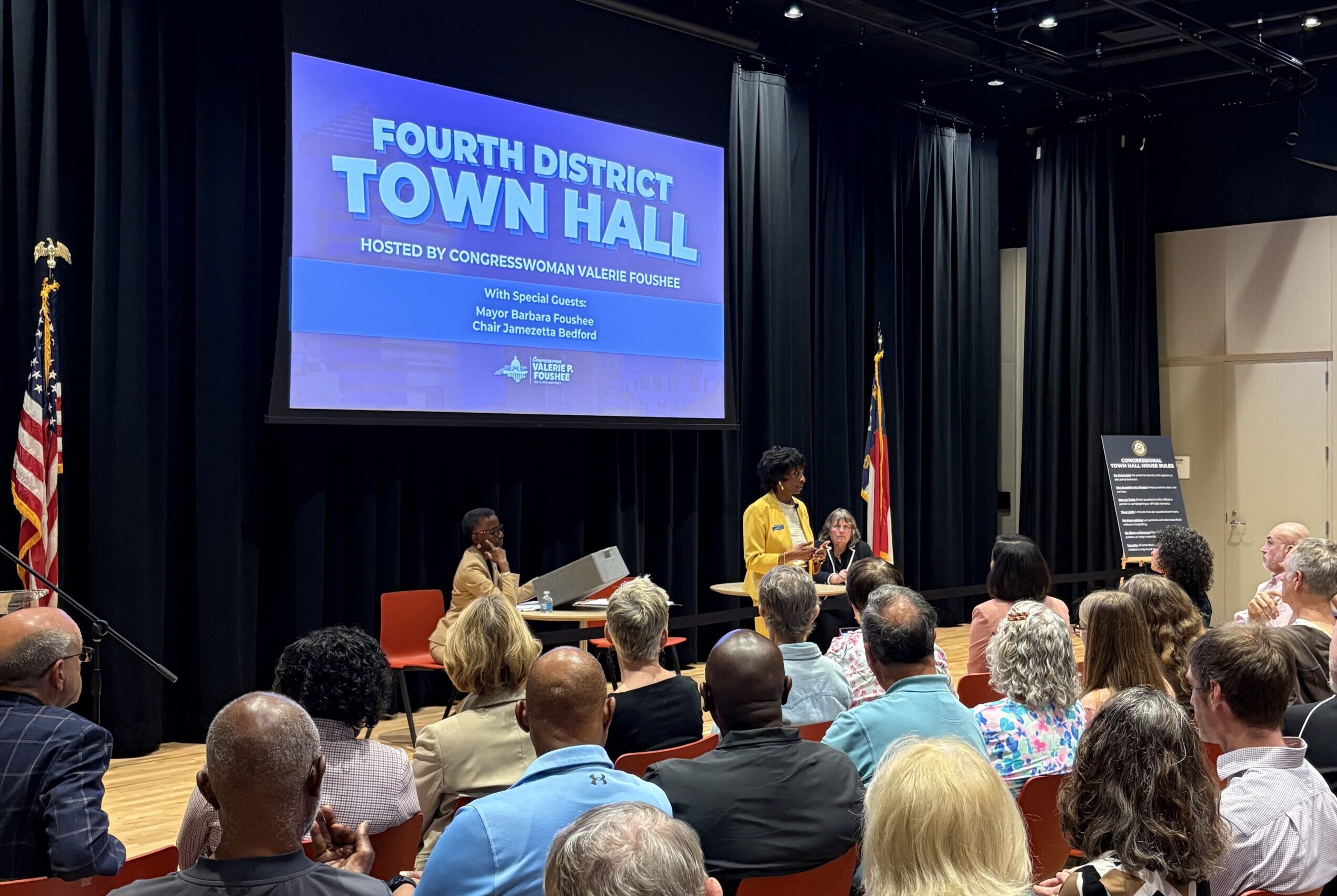U.S. Rep. Valerie Foushee continued her series of town halls in North Carolina’s fourth congressional last week by holding an event at Carrboro’s Drakeford Library Complex.
The Aug. 5 event, which was not widely publicized, drew dozens of attendees and featured the two-term Democrat answering questions on a range of topics. From the cutting of federal programs like USAID, Medicaid and veterans’ healthcare to international policy and gerrymandering concerns, Foushee spoke for a little less than one hour. Below are some highlights of the event, as reviewed from footage shared by her office:
On Israel, Gaza and Taking Campaign Funding from AIPAC
Foushee’s stance on the Israel-Hamas war and ensuing humanitarian crisis in Gaza has been closely examined by constituents because of the context around her 2022 election to federal office. On her way to defeating Durham County Commissioner Nida Allam in the Democratic Primary, Foushee’s campaign accepted more than $2 million from the lobbying group American Israel Public Affairs Committee — which has come under significant scrutiny itself since the war began in Oct. 2023. A trip to Israel with other AIPAC-supported representatives and initial support for Israel’s military response to recover Hamas’ hostages contributed to several protests at the congresswoman’s district office in 2023.
But when asked on Tuesday whether she regretted taking meetings with Israeli Prime Minister Benjamin Netanyahu or her votes, Foushee sharply responded. Saying, “you don’t know how many times I’ve been waiting to ask this publicly so I can answer is publicly,” she began by pointing out she has not rubber-stamped all of Israel’s actions.
“During that hour [with Netanyahu],” she said of the 2024 meeting, “we shared our concerns with how the war was being run. We shared how we were not pleased with what was going on. We also shared that, at that time, Congress had the ability to appropriate or not appropriate funds — and I think we made it very clear that, at least the representatives in that room, would not vote for any more appropriation to go out.
“I had the opportunity to share with him, face to face, how I felt,” Foushee added. “And I am proud of the fact that I took that opportunity.”
In defending her record of voting to provide aid to Gaza and advocacy for a ceasefire — which included skipping Netanyahu’s July 2024 address to Congress — Foushee brought up the pro-Israel lobby’s funding.
“You all know that I took the money from AIPAC,” the congresswoman said. “But check to see how much I’ve taken since that time, and check my voting record to see how I have voted — and what I have voted for — as it relates to the people of Gaza. Check the resolution that I co-lead with Rep. [Pramila] Jayapal regarding assistance to the people of Gaza, and for calls for diplomacy to return the hostages.
“I’m not going to tell you that I didn’t do something that I did do,” she continued, “but you’ll find in my record that I have not voted against the people of Gaza, or the people of Ukraine, or the people of Sudan — which I never hear any of you speak about. The children of Sudan need protection too, and I am just as concerned about the children in Sudan as many of you are for the people of Gaza.
“You have heard it here. I’m not answering that question anymore,” Foushee said to punctuate her comments.
On Thursday, INDY Week reported Foushee’s campaign last accepted a donation via AIPAC in Aug. 2024, which was earmarked for her by an individual through the group’s website, while AIPAC as an organization last donated in Feb. 2024. The Durham-based publication confirmed with a campaign spokesperson that “AIPAC has not offered financial support in the last 18 months” but if offered in the future, “the Congresswoman would decline. She will not accept AIPAC contributions during the 2026 campaign.”
On Trump Administration’s Deportation Efforts and Immigrant Community Members’ Concerns
While the questions around Israel and Gaza prompted the most tense back-and-forth, the opening question from attendees was on how Foushee’s office is responding to the Trump administration’s aggressive and potentially illegal deportation policies. The House representative responded by saying yes, but her office’s capabilities are limited beyond providing the “know your rights” information it has been and connecting people to resources within the community. Foushee referenced the mixed demographics of the Fourth District, saying many constituents have undocumented family members either locally or elsewhere, and encouraged them to keep contacting her office if they need resources.
“I visited a nursery school,” she shared, “and it was sad to me that there’s children who are afraid to come to school because they’re not sure whether their parents will be home when they return or that there might be a raid at that school. For our communities to not feel safe — even people who are here legally — [means they] are not getting the kind of support that we believe they need. So we will continue to [explore what’s possible.]”
On Responding to the Medicaid Funding Cuts
When asked by a local physician how she is fighting back against the Trump administration’s decision to trim billions of dollars from Medicaid funding as part of the “Big Beautiful Bill.” The decision largely moves the responsibility onto individual states to fund, which has Medicaid supporters — including Foushee — sharing worries of service being scaled back. The congresswoman said she has written several levels on the matter, but her hands in Congress are largely tied because of the Democrats’ minority position. She was quick to point out, though, how the ripple effects would impact her district and the hospitals of the Research Triangle.
“A lot of attention has been paid [to rural hospitals’ potential closure],” said Foushee, “but it’s not going to be just rural hospitals. Other hospitals may not close, but the ability to serve indigent patients is going to go away. And not just that, but skilled nursing facilities — which rely heavily on Medicaid payments — are likely to close.
“What you can do is continue to stand up and fight for what we know is right,” she added. “Healthcare should be a right — it should not be something just for the well-connected, well-off or well-employed.”
On Protecting Voter Rights, Both in North Carolina and Nationally
North Carolina drawn-out state Supreme Court race from 2024 caught national attention as an effort and potential tactic for parties in power to disenfranchise voters based on a lack of information on records. Foushee acknowledged the importance of making sure each registered individual’s information is up-to-date — but she said it was another Republican-led tactic in the state that’s now being embraced by others.
“I can tell you the buzz in Congress is North Carolina set the roadmap for how to redistrict,” she said to audible groans from the crowd. “If you recall, the former [House Speaker Kevin McCarthy] told North Carolina he needed three seats. And what did he get out of North Carolina’s [redistricting]? Four seats.”
With Texas going through its own redistricting battle and Democratic governors threatening to follow the same route in their own states, Foushee said she is treating voting rights as a top priority, as evidenced by her support of bills that would strengthen the Voting Rights Act of 1965. But because current House Speaker Mike Johnson, will not bring it to the floor, she said the best opportunity for meaningful national change comes after the 2026 elections.
“We’re trying our best to do what we can by way of education — right now, it’s about education, it’s about mobilization and it’s about motivation,” Foushee said. “And I think that what we’ve seen since Jan. 20 should be enough to motivate all of us to do everything we can to make sure that we are protecting the cornerstones of democracy by making sure that every eligible voter has the opportunity to exercise his or her right to vote.”
On Tensions from Demographic and Mentality Shifts Within the Democratic Party
A major theme of those 2026 elections will be how the Democratic Party’s candidates run: on platforms that promote bipartisanship and unity at the federal level, or ones that double down on more progressive values. When asked a question by a self-identified Gen Z voter about how the party and long-elected Democrats are facing younger generations’ ire of whether to represent voters’ values, Foushee said she believes most elected Democrats are supportive.
She continued by saying being stuck in Congress’ minority party means an inherent reliance on working with the majority part to get any kind of incremental work done, while also testifying to how long it takes for widespread change to happen. Foushee pointed to how the House’s roster continues to get younger — “and I say thank goodness,” she quipped — but that many politicians still operate under the belief that generations of newer voters do not engage much with politics, adding: “We haven’t seen you…but now you’re here.”
“I do think,” Foushee added, “there has to be some continuity such that people who understand how the system works are able to bridge between people who have the ideas, the passion, and the desire to make the changes.
“I think that where we have erred and I think we can be rightfully accused of as a party, is for a long time we stuck with one mindset,” the Fourth District representative said. “A lot of that probably had to do with the notion that young folk were not interested, they were already so disillusioned with politics that it’s not where their focus was.”
On Potentially Running in 2026
The comments from campaign staff made to INDY Week following Foushee’s AIPAC comments indicate she is likely to run for a third term next year, despite no official announcement being made. Foushee, however, did encourage those at the town hall to hold her accountable.
Instead of ending the event with a message of unity, determination or otherwise, the congresswoman reminded the crowd that she can be voted out of office if she is not living up to constituents’ desires.
“If you want to make sure that I am representing your interest,” said Foushee, “please, please contact me. I am here because I was sent to Congress by the 4th District and I believe that it is my responsibility to make sure I’m representing [it]. The 4th District, however, is not a monolith. Just trust me that the more I hear from you and I see that there’s consensus, that’s how I’m going to vote. And if you see evidence otherwise, let me know that too.
“Just like some Republicans can be replaced in 2026,” she concluded, “if I’m not serving you the way you feel you need to be served, then you get that opportunity to make sure I don’t return in 2026.”
Featured photo via the Office of Congresswoman Valerie Foushee.
Chapelboro.com does not charge subscription fees, and you can directly support our efforts in local journalism here. Want more of what you see on Chapelboro? Let us bring free local news and community information to you by signing up for our newsletter.

